Find Help
Quick links
Contact RCI



Sexual violence is a term that covers a range of experiences, from intimidation that doesn’t involve any physical contact, to non-consensual sexual intercourse.
At Rape Crisis Centres, we focus our services on helping survivors who have been subjected to a range of experiences of sexual violence including physical assault and sexual harassment, stalking and coercive control.
It’s important to remember that sexual violence doesn’t have to include the use of force – it can refer to actions or words that are intended to hurt or intimidate you. Sexual violence can also involve the internet and social media, for example sexual harassment or exploitation that takes place online.
Some of these forms of violence may intersect with domestic violence – for more information, Safe Ireland can help visit www.safeireland.ie
Sexual harassment is any form of unwanted words or physical actions of a sexual nature which deliberately or unintentionally violate your dignity and create an intimidating, humiliating or offensive environment.
Sexual harassment can include unwanted physical contact, sexual requests or comments, gestures or staring. Gendered language, cat calling, spreading lies about a person, sending sexualised messages – all of these activities can be considered sexual harassment.
If sexual harassment takes place at work, your employer is obliged, by law, to protect you. The Human Rights and Equality Commission provides information on your rights. Your employer is obliged to protect agency workers and trainees, as well as its employees, from sexual harassment.
Sexual harassment is a crime, according to The Non Fatal Offences Against the Person Act 1997.
For support and more information, contact the National 24-hour Helpline 1800 778888 based in Dublin or a Rape Crisis Centre around Ireland.
Stalking is a pattern of obsessive, repeated behaviour that can make you feel uncomfortable, distressed or scared.
The experience of stalking has a lot in common with harassment. It can seem harmless at first but can escalate quickly and become a threat to your wellbeing and safety.
Stalkers can target anyone. They may or may not have contact or a relationship with the person they target.
Stalking can take the form of inappropriate communications through emails, letters, telephone calls or unwanted gifts. A stalker may also make false complaints against you – they can even go as far as initiating false legal action against you.
Stalking is a criminal offence under the Criminal Justice (Miscellaneous Provisions) Act 2023.
If you know or suspect you are being stalked, talking to a trusted friend or family member can help, as can reporting it to the Gardai.
Document as much about the stalker and their behaviour as possible, this can make it easier to show the patterns of behaviour and that it is deliberate.
You may also need to inform your employer as they may have a duty to help keep you safe. You should also inform people that you live with as the behaviour of the stalker may also put them at risk.
If the stalking involves a sexual element or the threat of sexual violence, you can call the National Rape Crisis Helpline on 1800 77 888.
You can also report it to the Gardaí or contact Women’s Aid on their helpline 1800 341 900.
Coercive Control is a persistent pattern of controlling, coercive and threatening behaviour including all or some forms of domestic abuse (emotional, physical, financial, sexual including threats) by a partner or ex-partner.
The impact of coercive control is to isolate you, undermine you and distance you from other relationships, making you feel trapped and dependent in that coercive relationship.
It can also make it dangerous for you to leave the relationship. Coercive Control is a criminal offence in Ireland.
If you decide to report coercive control to the Gardaí you may need to provide records such as copies of emails, phone records or text messages, bank records etc.
Women’s Aid can help with more information, as can Safe Ireland.